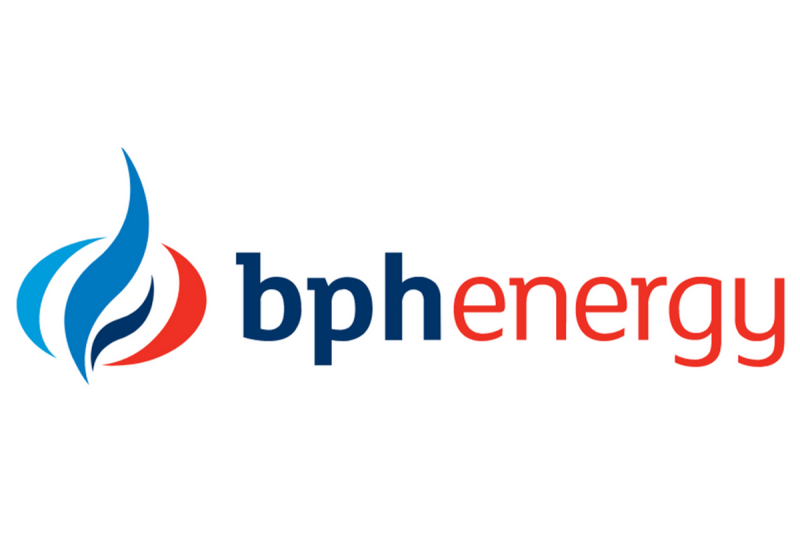In a recent update regarding the PEPCON 11 (PEP-11) seismic survey off the coast of Newcastle, Australia, several significant developments have emerged. The PEPCON 11 project, initiated by Asset Energy and Bounty Oil and Gas, aims to conduct seismic testing in the offshore permit PEP 11 area, covering part of the Central Coast and Sydney Basin. Here are the key takeaways from the latest update:
Environmental Impact Assessment:
Following extensive community concerns and regulatory requirements, the project proponents have conducted a comprehensive Environmental Impact Assessment (EIA) to evaluate the potential environmental effects of the seismic survey. The EIA assesses various factors such as noise, marine life disturbance, and potential impacts on fisheries and marine ecosystems. Stakeholders and experts have been engaged throughout this process to ensure transparency and address any environmental risks.
Community Consultation and Engagement:
Community consultation has been a crucial aspect of the PEPCON 11 project, with multiple engagement sessions held to inform local residents and gather feedback. Concerns related to noise pollution, marine wildlife disturbance, and potential risks to coastal communities have been voiced by various stakeholders. The project proponents have committed to addressing these concerns and working with the community to mitigate negative impacts.
Scientific Research and Monitoring:
To better understand the potential effects of the seismic survey on marine life and ecosystems, scientific research and monitoring programs have been implemented. These programs aim to study the behavior of marine species, assess changes in biodiversity, and monitor water quality before, during, and after the survey operations. By collecting data and analyzing the results, researchers can enhance their understanding of the environmental implications of the project.
Regulatory Compliance and Transparency:
PEPCON 11 project proponents have emphasized their commitment to complying with all regulatory requirements and industry standards. By following established guidelines and obtaining necessary permits, the project aims to ensure transparency and accountability in its operations. Regulatory bodies and environmental agencies have been involved in overseeing the project to uphold environmental protection and safety standards.
Risk Management and Contingency Planning:
As with any large-scale project, risk management and contingency planning play a vital role in ensuring the safety and success of the PEPCON 11 seismic survey. Contingency measures have been developed to address potential emergencies, such as oil spills, equipment failures, or adverse weather conditions. By proactively planning for unforeseen events, the project aims to minimize risks and respond effectively to any challenges that may arise.
Overall, the latest update on the PEPCON 11 seismic survey highlights the importance of environmental assessment, community engagement, scientific research, regulatory compliance, and risk management in offshore exploration projects. By prioritizing sustainability, transparency, and stakeholder involvement, the project proponents strive to balance economic development with environmental protection and social responsibility in the coastal region of Newcastle, Australia.
